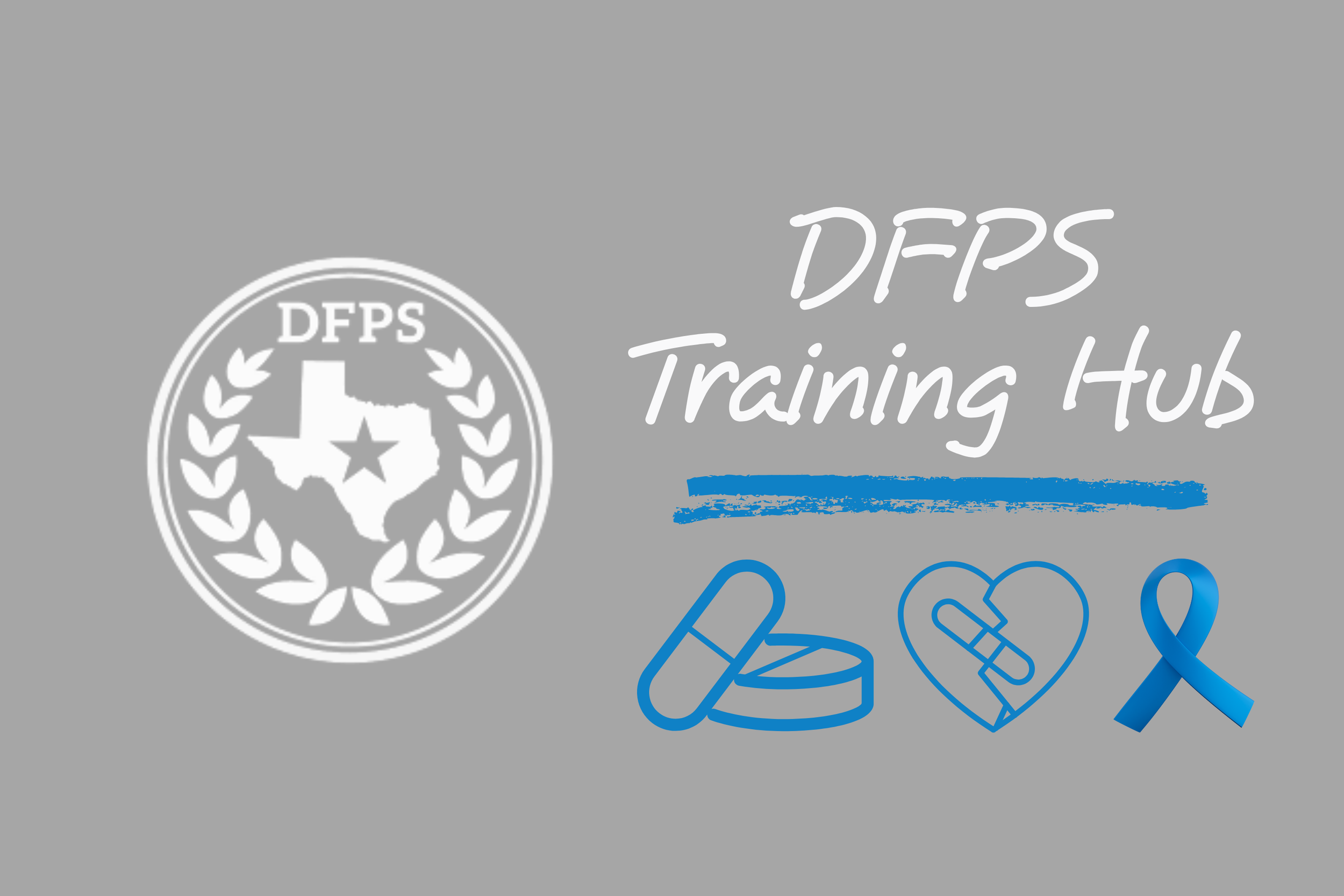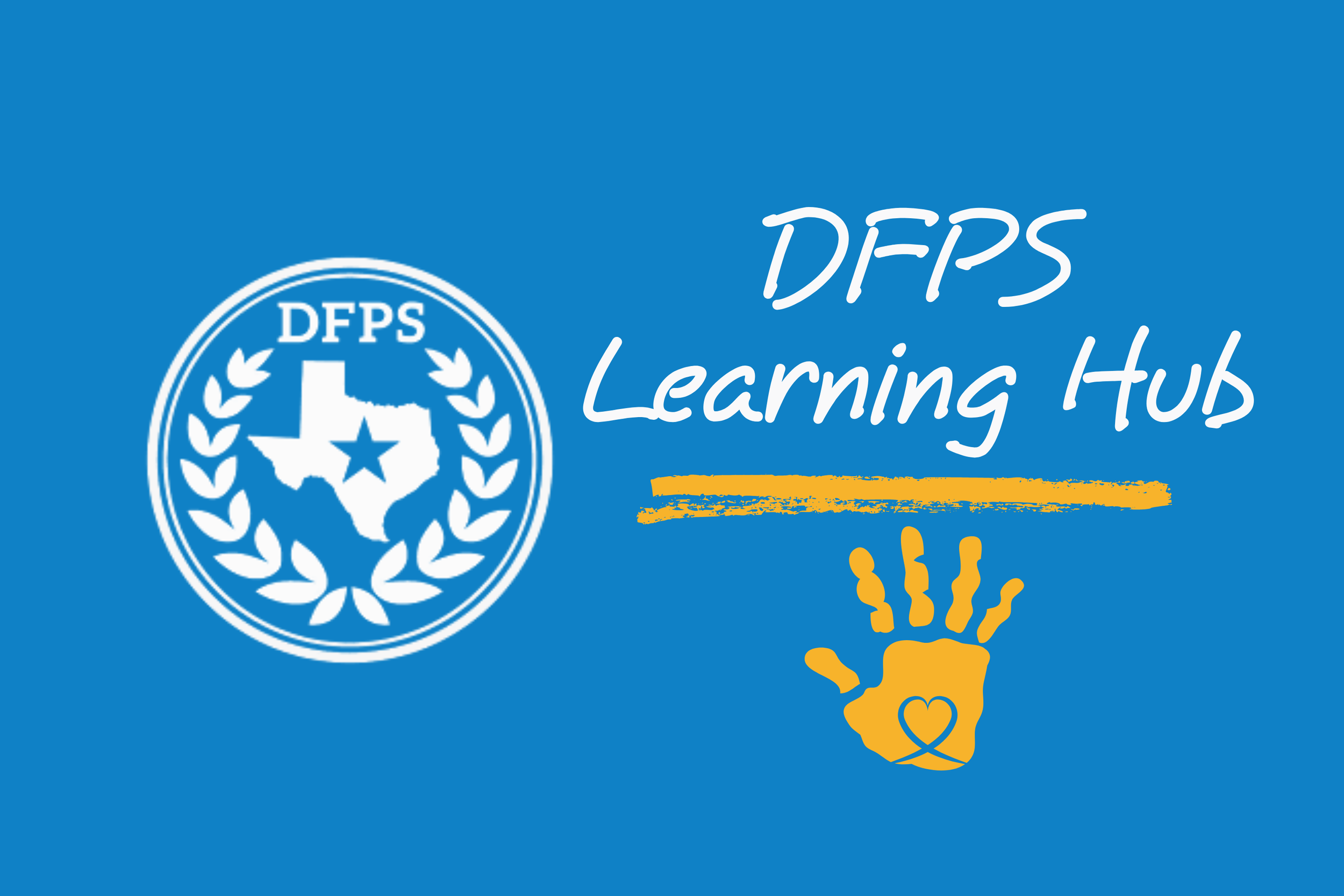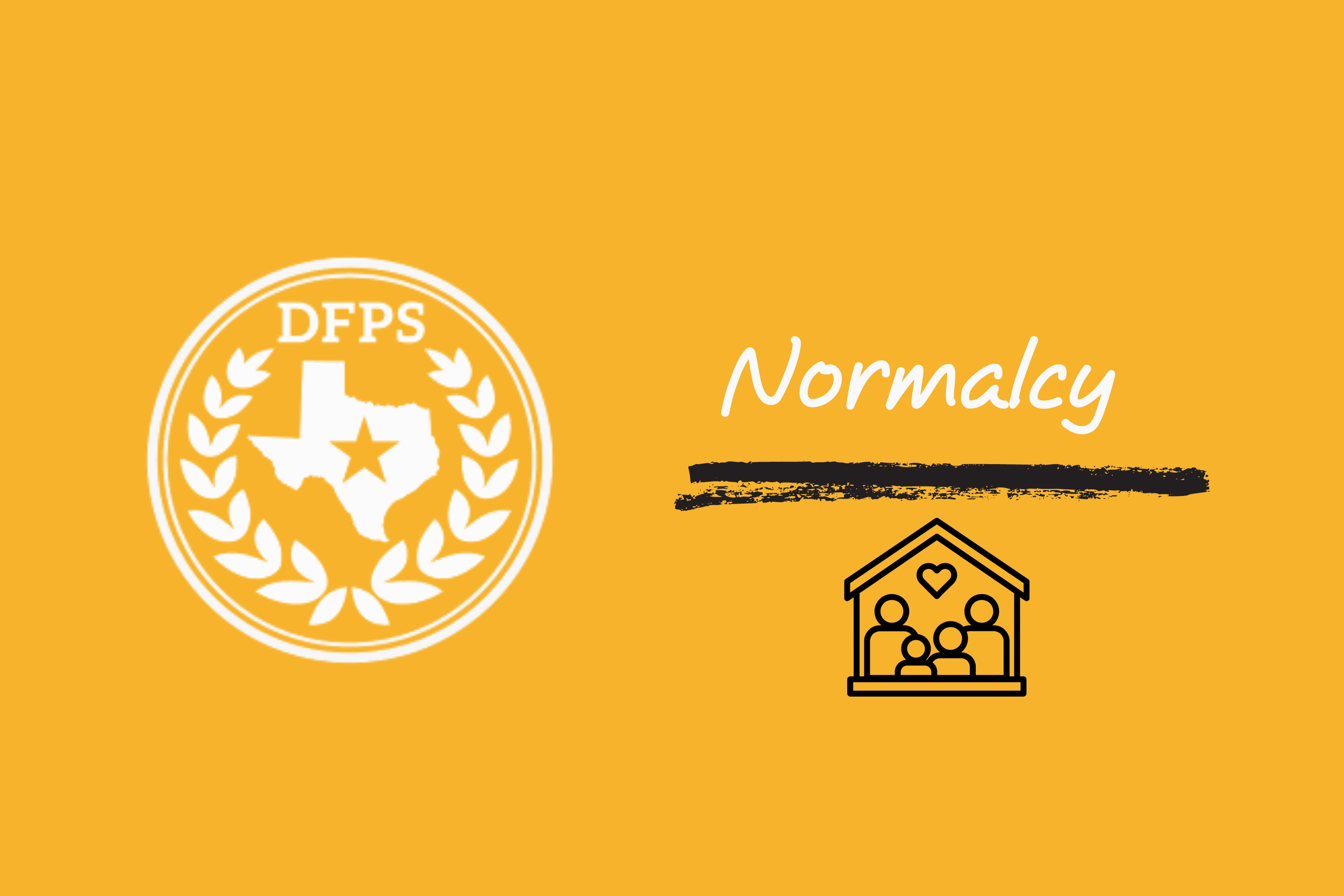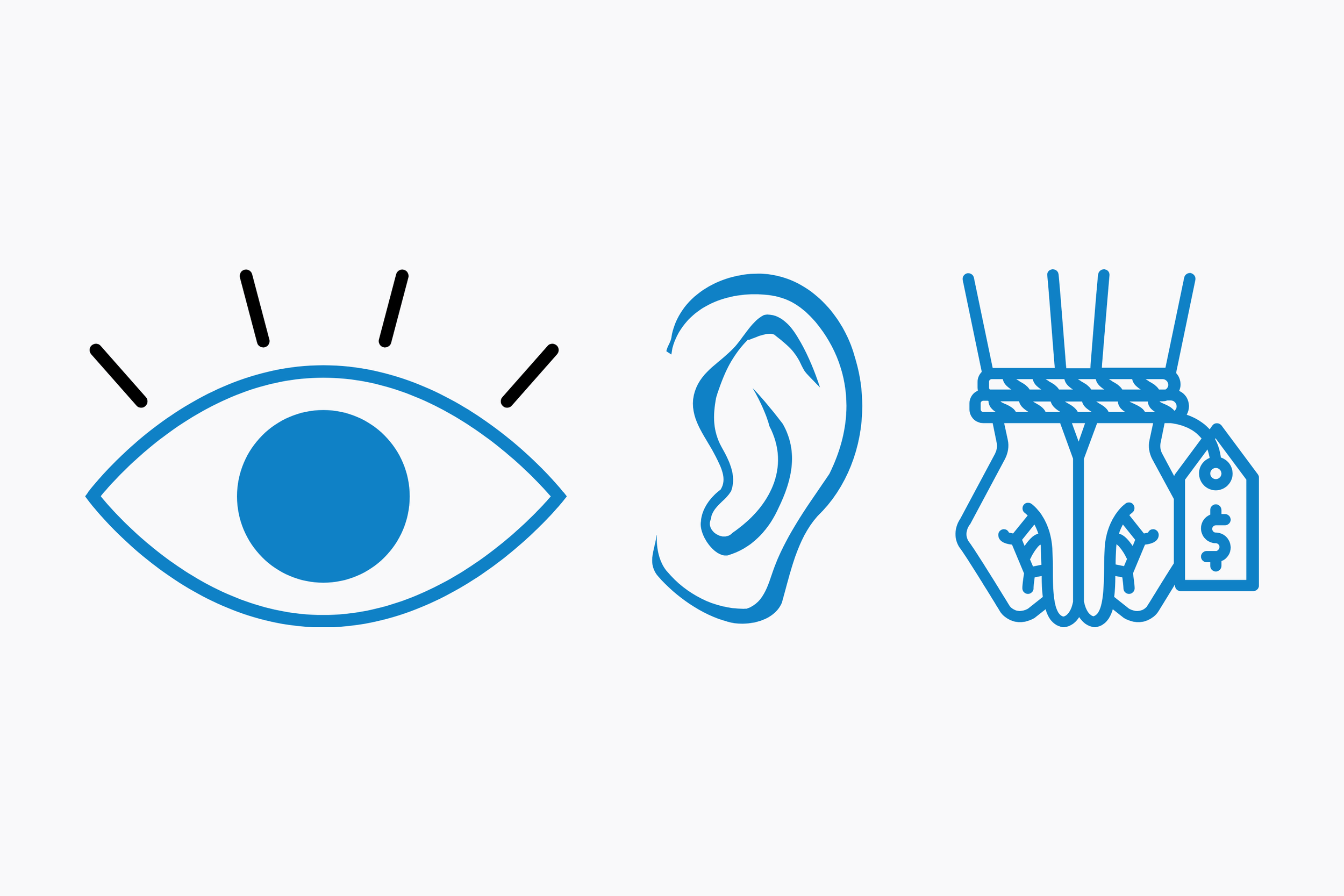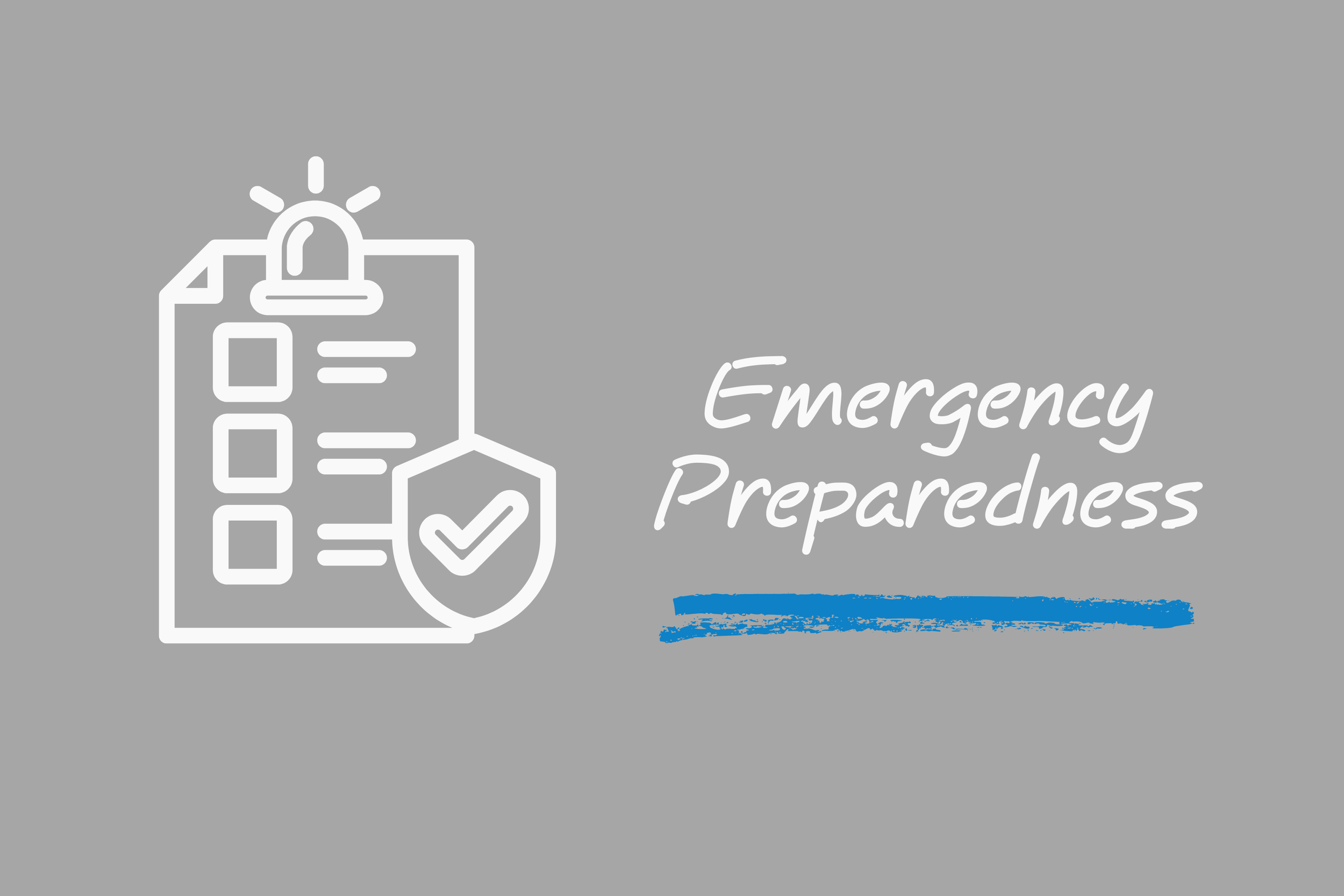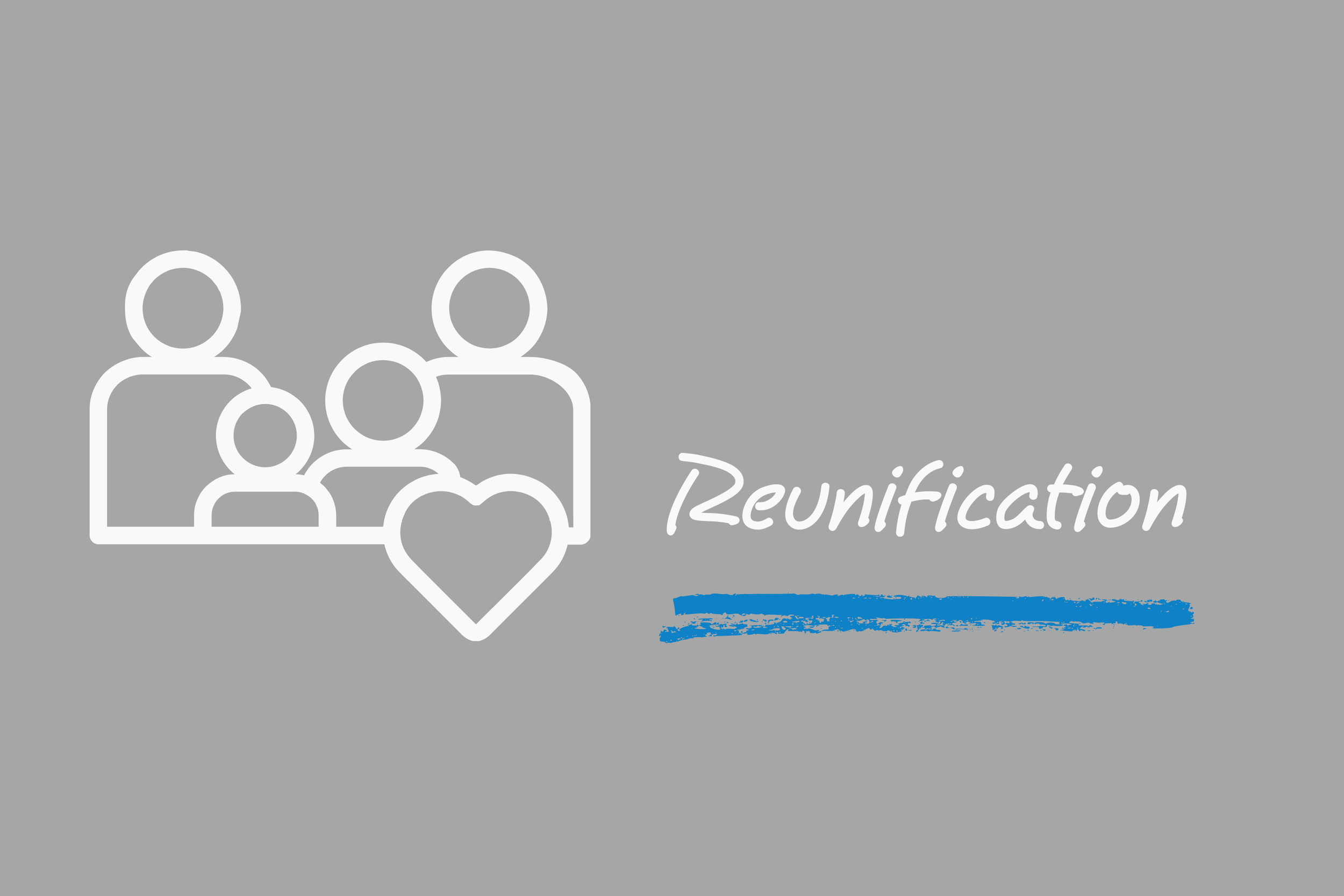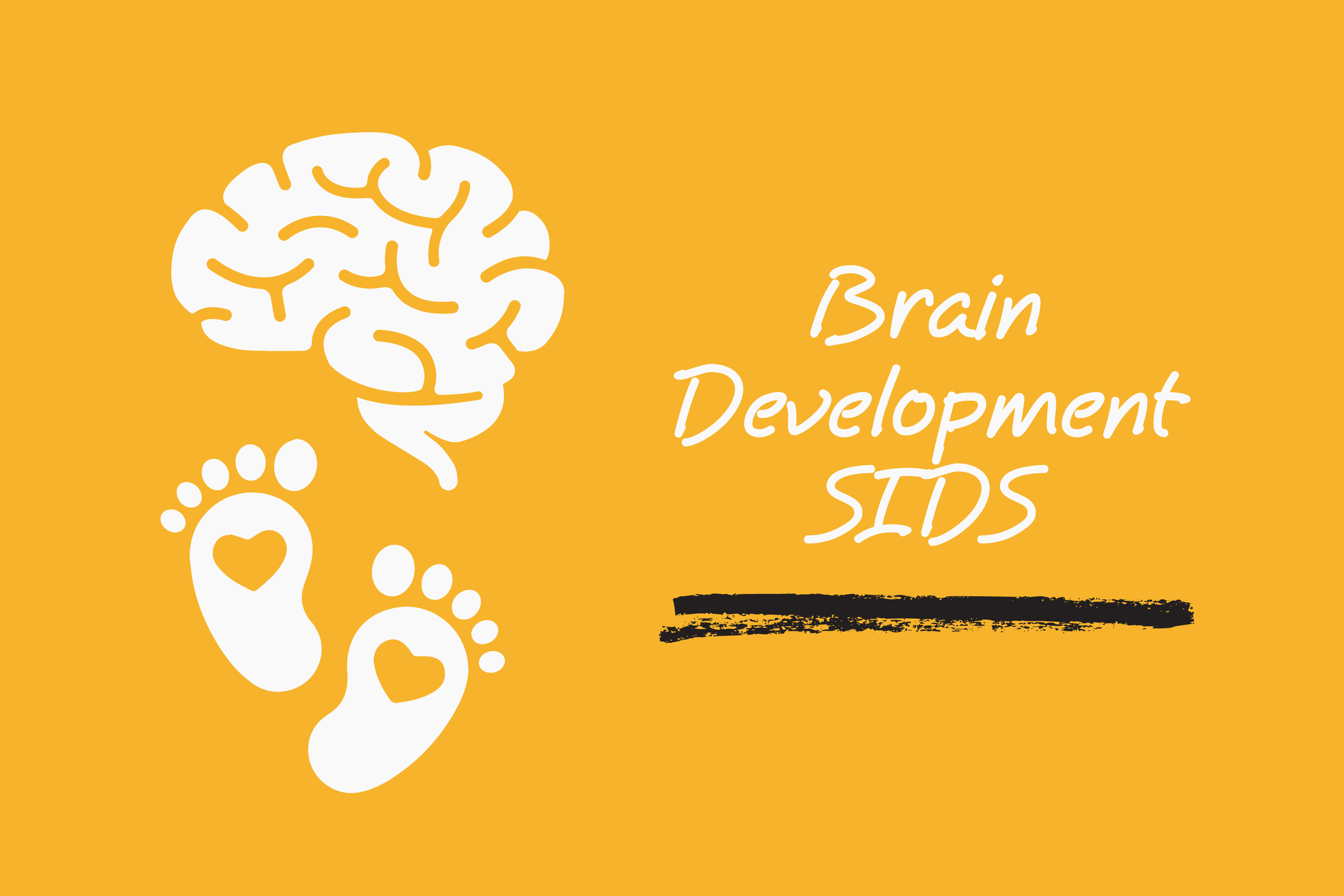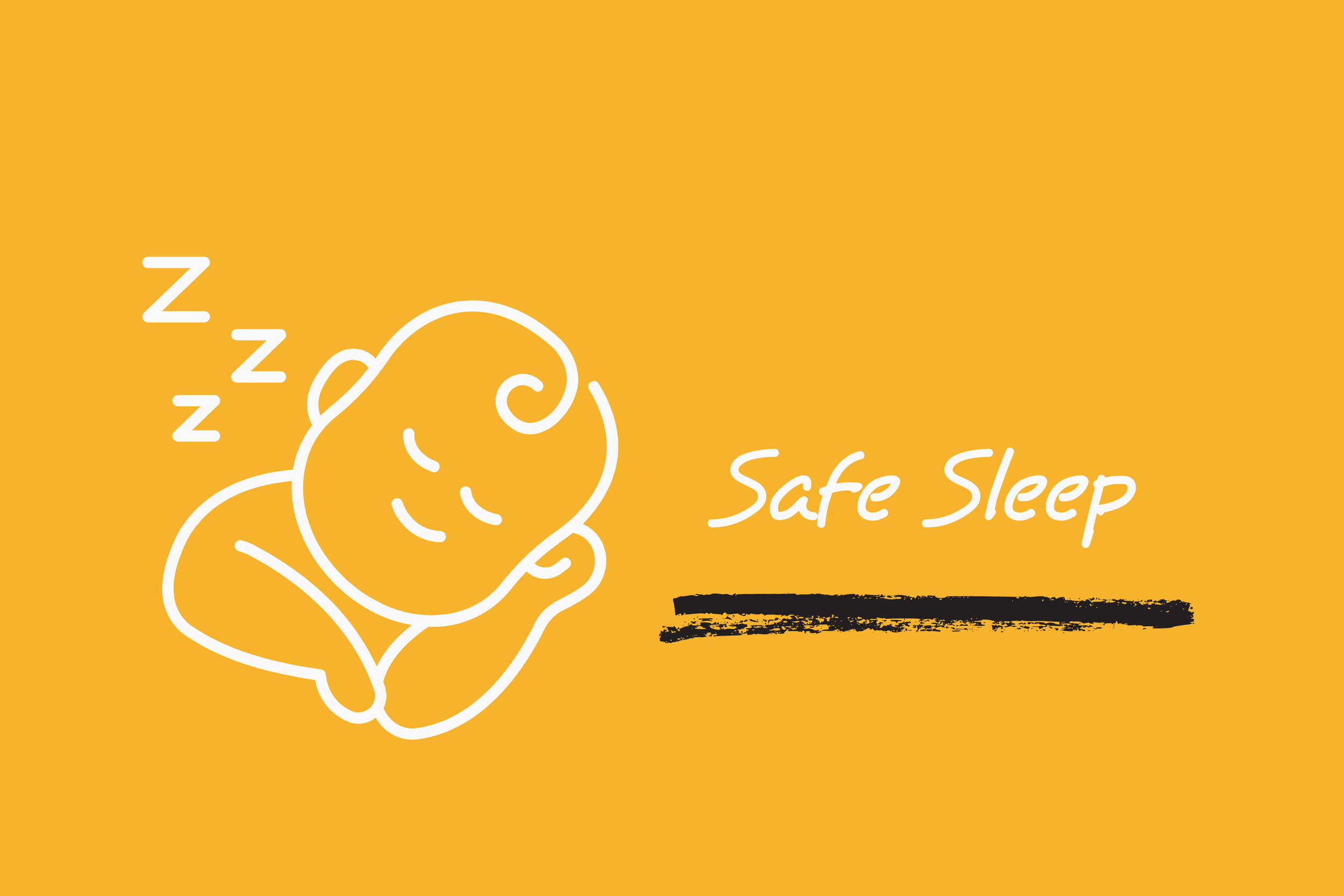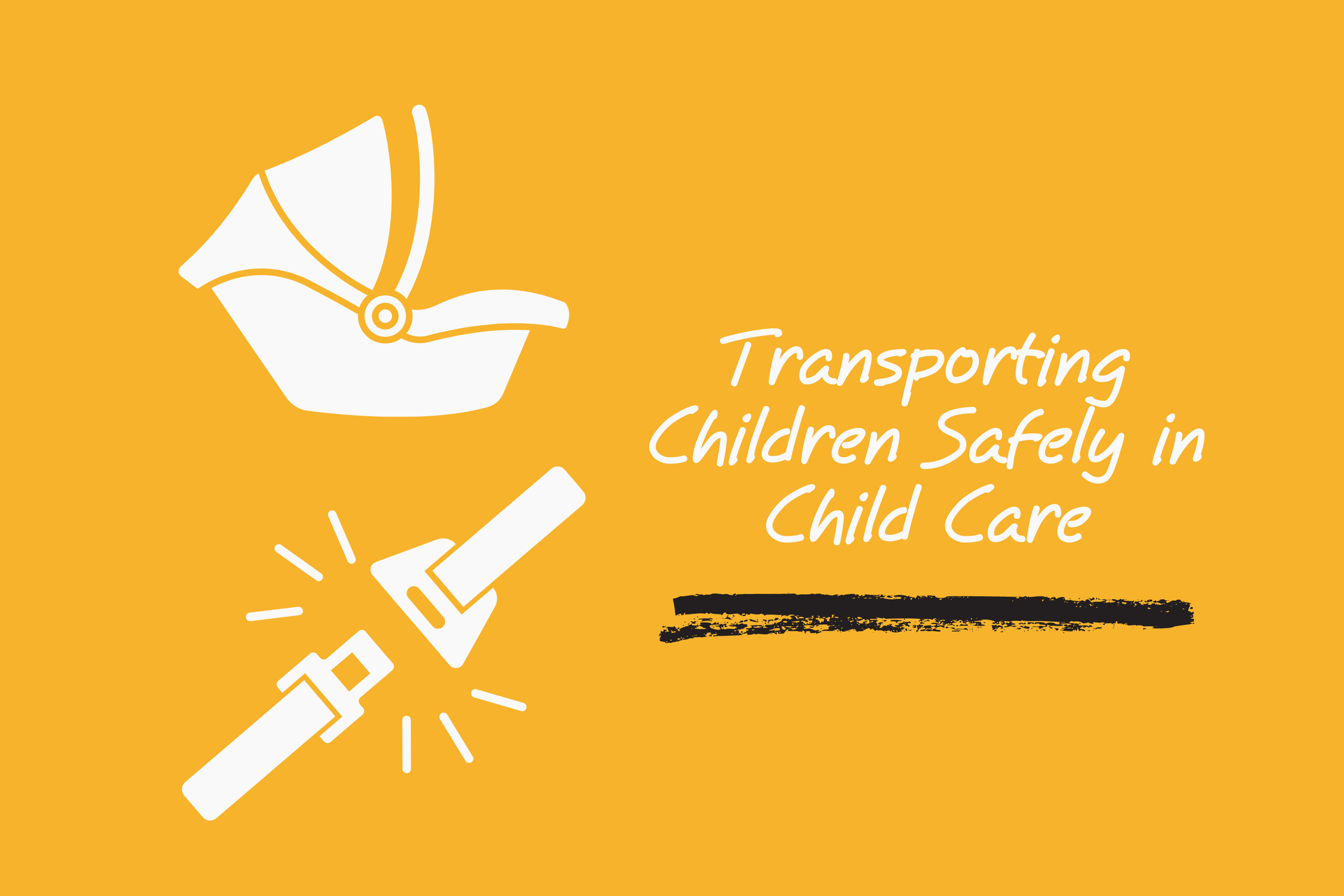Training Resources for New Families
The information below is designed to support new families joining Safe Haven as part of our onboarding process. The provided links will guide you through the required trainings and certifications needed to license your home. If you have any questions, please don’t hesitate to contact our office during business hours. You can also download a PDF version of this webpage using the link below.
DFPS Training Hub
Please let us know when you're ready to begin these trainings so we can register you in advance. A Safe Haven team member will need to authorize your account before it can be created. Once your account is set up, be sure to select "YES" when asked about administering medications—this step is necessary to access and complete the three required trainings.
-
This training helps foster families understand the appropriate use, potential side effects, and monitoring requirements of psychotropic medications prescribed to children in their care.
If you are running into issues with the renewal certificate within the HUB, click here: https://www.dfps.texas.gov/Training/Psychotropic_Medication/default.asp
-
This training equips foster families with the knowledge and tools to recognize the impact of trauma and provide supportive, empathetic care that promotes healing and resilience.
-
This training educates families on how to identify signs of sexual abuse, implement prevention strategies, and respond appropriately to protect and support children who may be at risk.
DFPS Learning Hub
-
This training provides guidance on how to recognize and report suspected abuse or neglect, emphasizing the vital role community members play in protecting youth and supporting families through early intervention and appropriate response.
Medical Consent
-
Medical Consent training provides foster parents with the knowledge and guidance needed to make informed medical decisions on behalf of the children in their care. This course covers the legal responsibilities, consent procedures, and documentation requirements for accessing routine and emergency medical care.
DFPS Website Trainings
Normalcy
-
This 2 hour Normalcy Training helps foster parents support a more typical, age-appropriate experience for children and youth in their care. This training covers how to make reasonable decisions that allow foster children to participate in everyday activities—such as school events and extracurriculars—while maintaining their safety and well-being.
Runaway Prevention
-
Runaway Prevention training equips foster parents with tools to recognize risk factors and early warning signs that may lead a child or youth to run away. It focuses on building trust, creating a supportive home environment, and using proactive strategies to strengthen communication and emotional connection—helping to keep youth safe, engaged, and stable in their placement.
Human Trafficking
-
Human Trafficking Awareness and Prevention training educates foster parents on how to identify the signs of trafficking, understand risk factors that make youth more vulnerable, and respond appropriately if trafficking is suspected. This course also provides strategies for prevention, safety planning, and supporting survivors with trauma-informed care.
Video Trainings
Instructions: Watch the video, write a paragraph about what you learned in the training, and email your development specialist and Maria with that information. No certificates are given through the link, Safe Haven Staff will create a certificate for you.
Cybersecurity
-
Cybersecurity training helps foster parents understand how to protect children and youth from online threats, including cyberbullying, identity theft, and online predators. The course covers safe internet practices, monitoring tools, and ways to teach youth responsible digital behavior while maintaining privacy and security in the home.
Emergency Trainings
Certificates will be generated through the link
Emergency Preparedness
You do not need to create a separate emergency plan—Safe Haven Community Services’ Disaster & Emergency Plan is updated annually and meets the requirement. Please do not pay the $50 fee; instead, use the coupon code "Safehaven22" at checkout.
Emergency Preparedness Training (EPP) may be completed jointly by both foster parents. It is acceptable for only one parent’s name to appear on the completion certificate; both parents are not required to complete the training separately.
-
Emergency Preparedness training equips foster parents with the knowledge and skills needed to respond effectively in a variety of emergency situations, including natural disasters, medical emergencies, and household incidents. The course covers creating safety plans, assembling emergency kits, and ensuring the well-being of children in care during unexpected events.
Suicide Prevention
Scroll to the bottom of the page and click the link that says “Click here for access.” Then, continue scrolling and select the orange button labeled “Click here to access training.”
-
ASK: Ask About Suicide to Save a Life is a suicide prevention training that empowers caregivers to recognize warning signs, ask direct and compassionate questions, and connect youth to life-saving support. This course provides practical tools and communication strategies to help foster parents respond confidently and effectively to youth in crisis.
Reunification
Password: Arrow2024
-
Reunification training prepares foster parents to support the goal of safely reuniting children with their biological families. The course explores the importance of family preservation, ways to foster positive relationships with birth families, and strategies to help children navigate the emotional aspects of transitioning back home.
TX A&M Agrilife Extension
Trainings are if you care for children under the age of 4. One certificate per person.
Brain Development, SIDS
-
Brain Development & SIDS (Sudden Infant Death Syndrome) training is FREE provides foster parents with essential knowledge about early childhood brain development and the factors that influence healthy growth. The course also covers safe sleep practices and risk reduction strategies to help prevent SIDS, ensuring the safety and well-being of infants in care.
Safe Sleep
-
Safe Sleep training is 12 per person and educates foster parents on best practices for creating a safe sleep environment for infants. The course covers guidelines to reduce the risk of Sudden Infant Death Syndrome (SIDS), including proper sleep positioning, crib safety, and supervision, helping ensure the health and safety of babies in care.
Health & Safety of Infants & Toddlers in Child Care
-
Ensuring the Health and Safety of Infants and Toddlers in Child Care training is $12 per person and provides foster parents with essential practices for protecting the well-being of young children. This course covers topics such as hygiene, nutrition, supervision, injury prevention, and safe environments—equipping caregivers to meet the unique developmental and safety needs of infants and toddlers.
Transportation Children Safely in Child Care
-
Transporting Children Safely in Child Care training is $14 per person and teaches foster parents the proper procedures and safety standards for transporting children. The course covers vehicle safety, car seat and seatbelt guidelines, supervision during transport, and emergency preparedness to ensure the safe and secure travel of children in care.
Babysitter Under Age 18
Cannot be registered in the portal
Trauma Informed Care
-
This training equips foster families with the knowledge and tools to recognize the impact of trauma and provide supportive, empathetic care that promotes healing and resilience.
Psychotropic Medication Training
-
This training helps foster families understand the appropriate use, potential side effects, and monitoring requirements of psychotropic medications prescribed to children in their care.
Mandatory Reporting Community Response for Youth and Families
Baby sitters, cannot take this training until they turn 18.
-
Mandatory Reporting: Community Response for Youth and Families provides essential training on recognizing and reporting signs of abuse or neglect, empowering community members to protect children and support families through informed, compassionate action.

